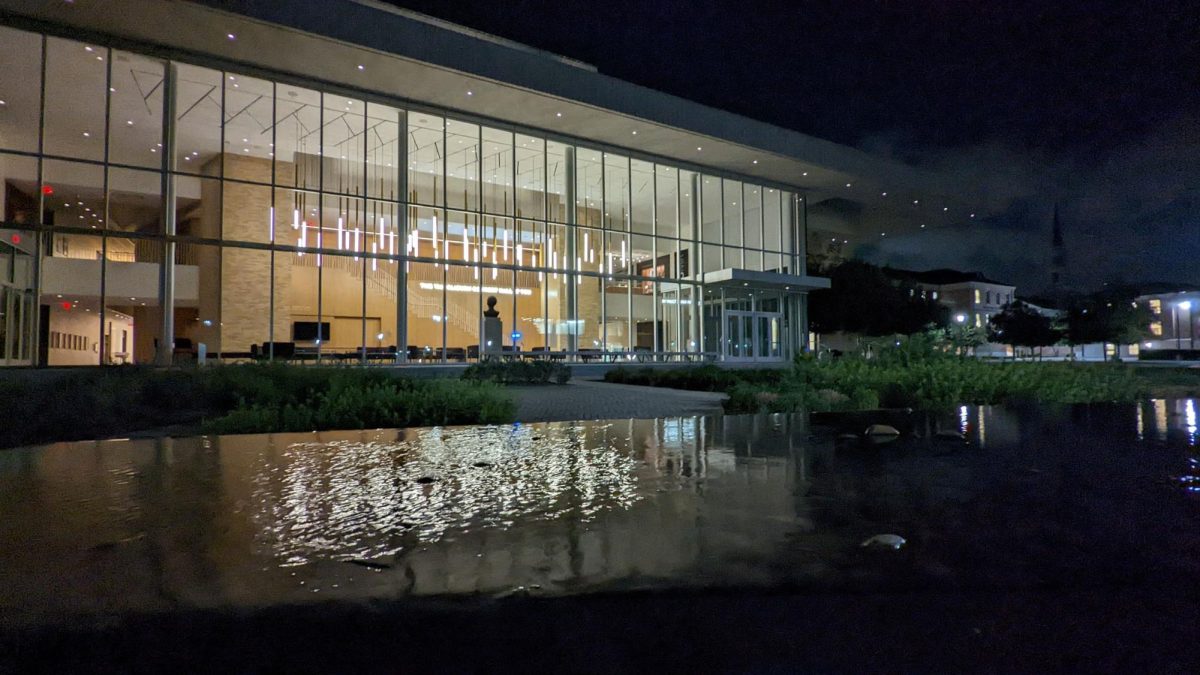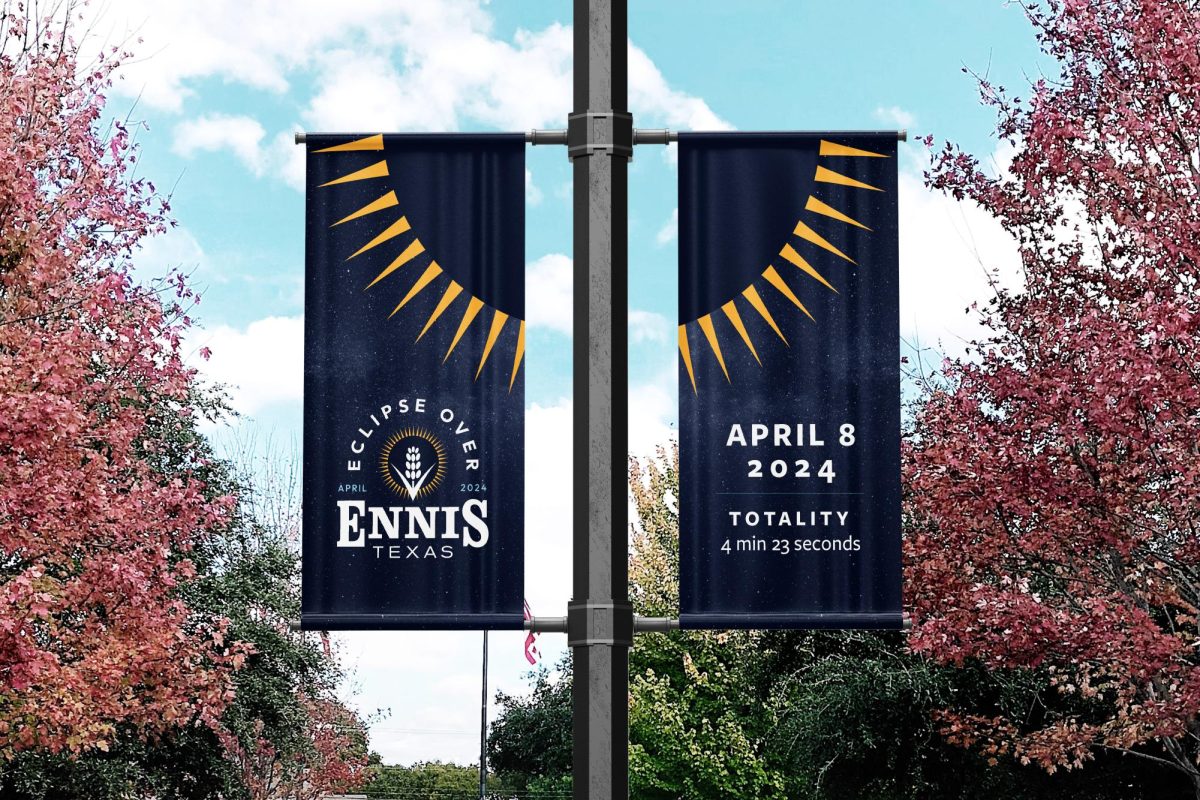They destroyed lawns, stripped the paint off cars, made messes on roads and sidewalks, and took out some trees.
Three years ago, they arrived in Tanglewood full force. Neighbors are anxious to see if they will try to return this spring.
Egrets, or migratory herons, use Texas as a major route for their shuttle between the United States and Canada. They typically stop in wooded areas along the way.
The notoriously destructive birds are protected under the Migratory Bird Treaty Act of 1918. According to the act, once they nest, they can’t be disturbed.
Three years ago, the birds came as a shock to the Tanglewood neighborhood, as residents had no knowledge of what to do about the chaos they created.
“They came as a horrible surprise,” said Dot Kent, a neighborhood education specialist for the city of Fort Worth. “The neighborhood association and the city needed to come together to develop a communication plan to help keep the birds away for the years to come.”
The key to keeping the birds away is to prevent them from roosting at all. Last spring, residents were able to frighten off any birds looking for a home.
The residents came out at dusk every night to bang pots and pans with spoons and bats, to blow noisemakers and horns, and to make any other obnoxious racket that might scare off the birds.
“It takes consistency,” said Fort Worth Nature Center natural scientist Laura Veloz. “The birds hate noise, movement and predators, and as long as the neighborhoods keep agitating them, they will not have to worry. ”
According to the treaty, people cannot “pursue, hunt, take capture or kill… the migratory birds… or any part, nest or egg” of the birds. Violators could face misdemeanor charges with fines up to $15,000.
Veloz said the Nature Center would welcome the birds, but doubts they would find it accommodating because of the number of predators who already live there, such as snakes and raccoons. Also, the trees at the Nature Center would not be suitable for the birds' habitat.





